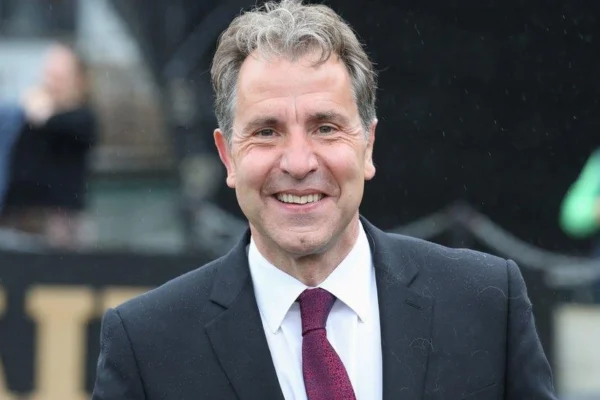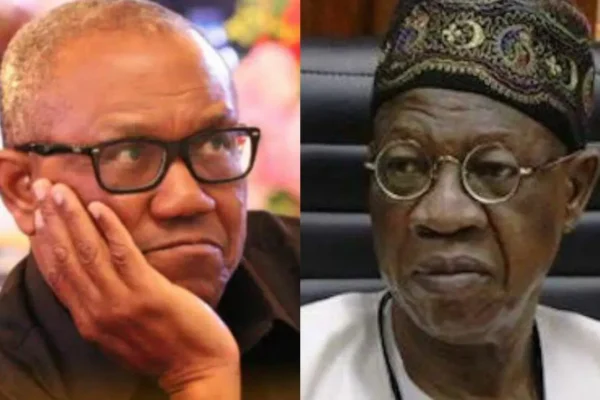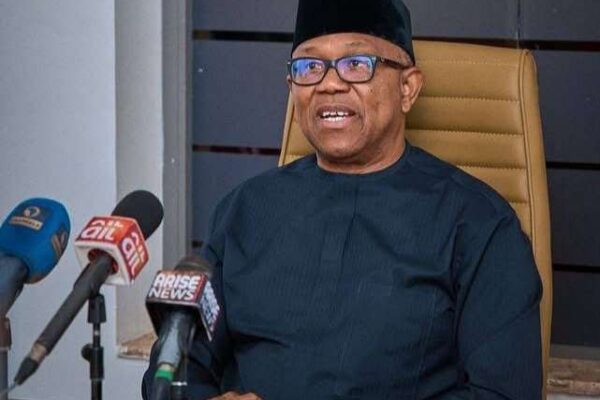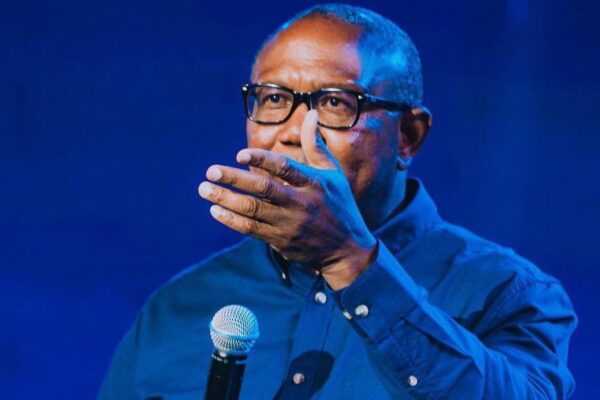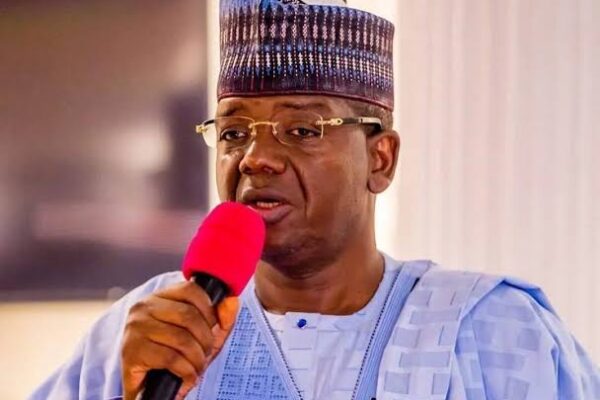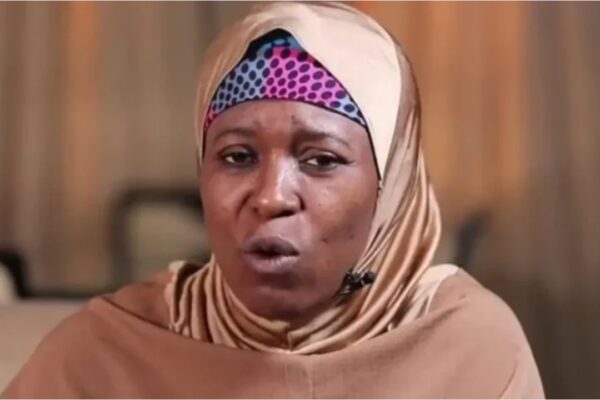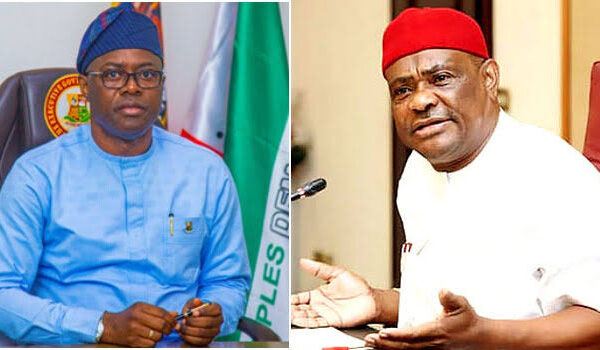
Wike Says He’s Closely Monitoring PDP Crisis in Oyo State
Minister of the Federal Capital Territory, Nyesom Wike, has revealed that he is paying close attention to developments within the Peoples Democratic Party (PDP) in Oyo State, stressing that his interest is driven by concern for the party’s survival and future. Wike made the remarks on Monday in Abuja while addressing party leaders and members at the PDP’s 105th National Executive Committee (NEC) meeting. According to the former Rivers State governor, his focus on the situation in Oyo State reflects his commitment to ensuring the PDP remains strong, noting that the party once governed at the federal level and must not be allowed to weaken further. “Let me declare my interest clearly: I am interested in the survival and success of this party. I am also interested in all the happenings in Oyo State PDP. That is all I am interested in,” Wike said. He also dismissed claims that members of the party were being intimidated, arguing that recent court rulings had settled the matter. “Who will intimidate us to the end? Some of us, by the grace of God, do not see what anyone can threaten us with. “The legal battle has collapsed. They have no option but to recognise the Caretaker Committee,” he added. Wike’s comments come against the backdrop of a growing rift between him and Oyo State Governor Seyi Makinde, his former ally. Both politicians are now aligned with opposing factions within the PDP. The crisis deepened in November last year when a faction led by Makinde and Bauchi State Governor Bala Mohammed held a national convention, which was later nullified by the Federal High Court in Oyo State, further intensifying internal tensions within the party.


